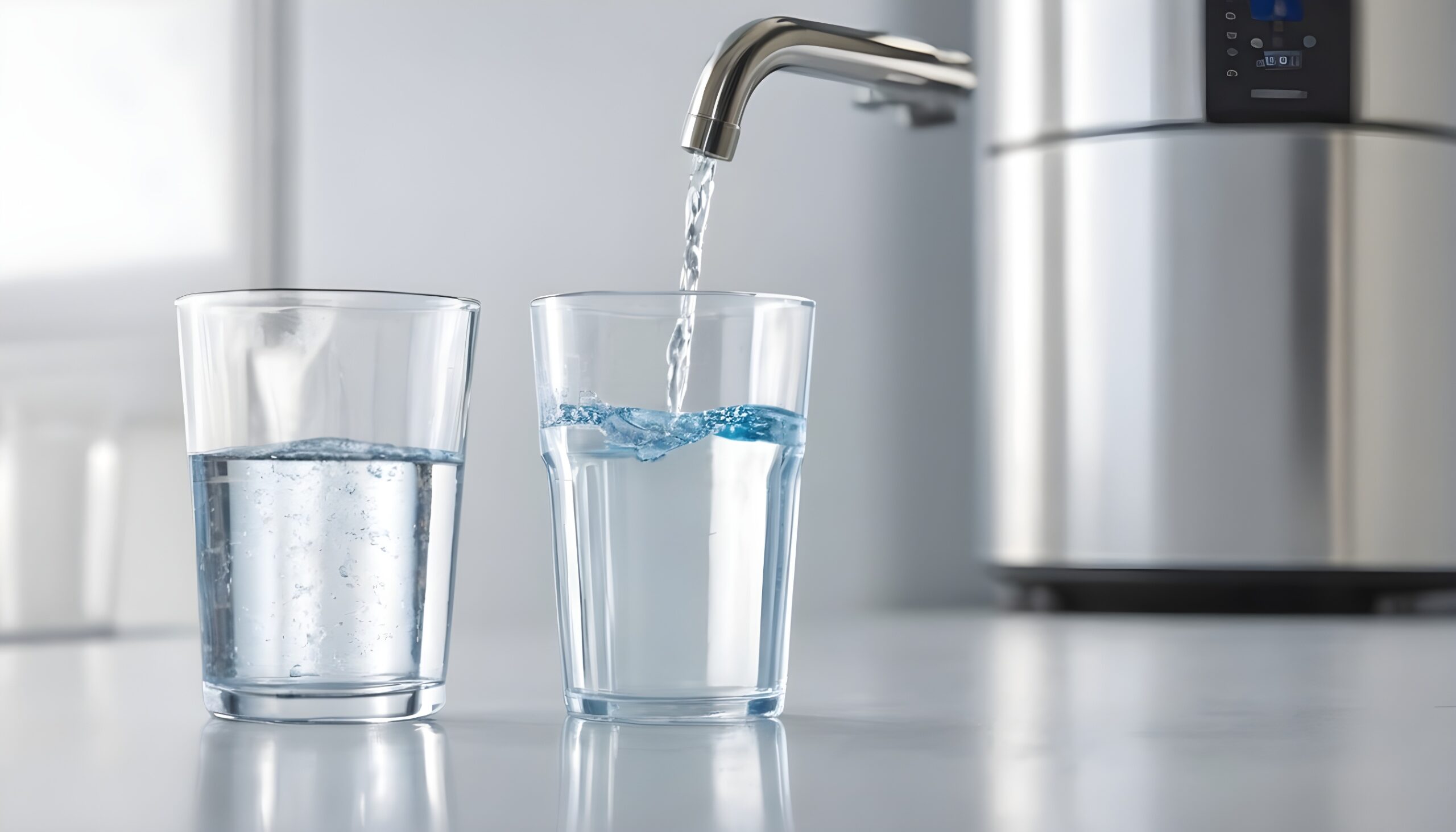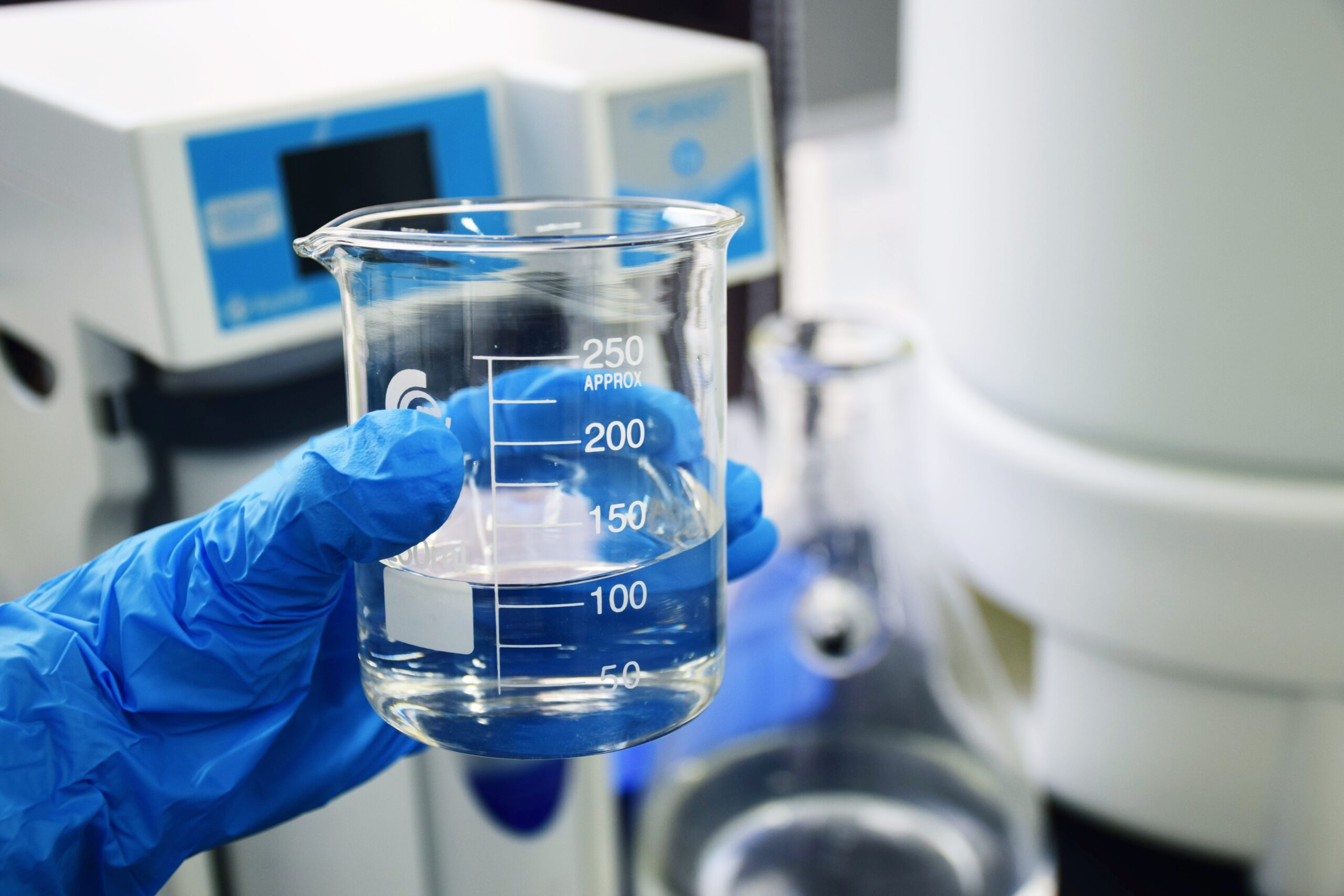Upgrade Your Water High Quality Today with a Water Purification System
Upgrade Your Water High Quality Today with a Water Purification System
Blog Article
Why a Water Purification System Is Necessary for Clean, Safe Water
Accessibility to tidy, safe water is an essential human right and a cornerstone of public health and wellness. The visibility of dangerous contaminants such as virus, heavy metals, and chemical contaminants in our water supply raises major worries regarding wellness and well-being. A water filtration system stands as a crucial remedy to minimize these threats, making certain that neighborhoods and individuals can access safe alcohol consumption water. Understanding the intricacies of these systems and their numerous approaches is important, especially as we take into consideration the effects for health results and environmental sustainability in our lives.
Value of Tidy Water
Access to tidy water is an essential requirement for human health and well-being. Infected water can lead to severe wellness concerns, including stomach illnesses, cholera, and dysentery, particularly in prone populations such as children and the elderly.
Additionally, clean water is crucial for sanitation and hygiene techniques, which are important in avoiding the spread of infectious conditions. Ample water supply supports correct cleanliness facilities, advertising a much healthier setting. In addition, access to safe water influences socioeconomic elements, as it allows communities to take part in commercial and agricultural tasks, ultimately adding to financial development.
In many regions, the lack of clean water worsens hardship and inequality, additional hindering development towards sustainable development goals. Ensuring accessibility to tidy water is not just a public health and wellness necessary yet also a cornerstone for social equity and financial growth. Efforts to improve water quality and infrastructure have far-reaching benefits, cultivating much healthier communities and boosting lifestyle.

Usual Impurities in Water
Ensuring the accessibility of clean water is weakened by numerous impurities that can compromise its security and top quality. The existence of virus, such as parasites, germs, and infections, positions significant health and wellness risks, particularly in areas lacking sufficient sanitation. These bacteria can cause waterborne conditions, resulting in severe disease and even death.
Chemical impurities likewise present a crucial problem. Heavy steels, consisting of lead, mercury, and arsenic, typically enter water supplies with commercial discharges or rusty pipes. These substances can accumulate in the body over time, resulting in lasting wellness problems such as neurological damage and developmental disorders.
In addition, farming drainage presents chemicals and fertilizers into water supply, which can disrupt communities and adversely influence human health. Nitrates, typically found in fertilizers, can create significant conditions like methemoglobinemia, specifically in infants.
Advantages of Water Filtration Equipments
Recognizing the essential demand for risk-free drinking water, water purification systems offer a myriad of advantages that enhance public wellness and environmental sustainability. Mainly, these systems effectively get rid of hazardous contaminants, including germs, viruses, hefty steels, and chemicals, making certain that the water consumed is devoid of pathogens and contaminants. This decrease in contaminants dramatically lowers the risk of waterborne diseases, promoting overall community wellness.
Along with health and wellness benefits, water purification systems add to ecological sustainability by decreasing dependence on bottled water, which usually generates extreme plastic waste. By using a filtration system, families can decrease their carbon impact and add to a more sustainable environment. These systems can enhance the preference and odor of water, making it extra palatable for day-to-day consumption.

Various Sorts Of Filtration Approaches

One common method is reverse osmosis, which utilizes a semi-permeable membrane to separate water from dissolved impurities and solids. This process successfully decreases contaminations, consisting of hefty metals and chemicals. One more commonly utilized method is ultraviolet (UV) disinfection, which utilizes UV light to counteract bacteria and infections, making them safe without using chemicals.
Turned on carbon filtering is one more preferred strategy, using carbon to adsorb organic compounds, chlorine, and undesirable odors, improving preference and smell high quality. Purification, a procedure that involves boiling water and condensing the heavy steam, effectively gets rid of pollutants and minerals yet may call for even more energy compared to various other approaches.
Ion exchange is typically made use of to soften water by replacing calcium and magnesium ions with sodium or potassium ions. Each technique has its benefits and constraints, making it important to understand their functionalities and performance in resolving specific water quality problems - Water Purification System. Inevitably, selecting the proper filtration technique is critical for great site making certain tidy article source and risk-free alcohol consumption water
Picking the Right System
Choosing an appropriate water purification system requires careful consideration of different elements, consisting of the particular pollutants present in the water supply, the quantity of water needed, and the wanted purification method. It is vital to carry out a water quality examination to recognize pollutants such as bacteria, hefty steels, or chemical toxins. This info will certainly assist you in choosing a system that successfully targets those details contaminations.
Next, evaluate your family's daily water intake to establish the system's capacity. Solutions are offered in various sizes, from point-of-use filters for alcohol consumption water to whole-house systems that cleanse all water entering your home.
In addition, take into consideration the filtration approach that ideal fits your needs. Reverse osmosis is extremely effective for getting rid of a vast variety of impurities, while UV filtration is outstanding for eliminating microbes.
Conclusion
In final thought, the application of water purification systems is crucial for making sure accessibility to risk-free and tidy water. By understanding the value of tidy water and the benefits of various filtration techniques, neighborhoods can make informed decisions to guard their health and promote socioeconomic stability.
Acknowledging the essential need for secure drinking water, water filtration systems offer a myriad of advantages that boost public wellness and environmental sustainability.In enhancement to health and wellness advantages, water filtration systems add to ecological sustainability by lowering reliance on bottled water, which often generates excessive plastic waste. Ultimately, the fostering of water filtration systems is an aggressive visit the website action towards ensuring clean, secure water for future generations while guarding public health and the setting.
Choosing an ideal water filtration system needs mindful factor to consider of various factors, including the details impurities present in the water supply, the volume of water needed, and the preferred purification approach.In final thought, the execution of water filtration systems is vital for guaranteeing accessibility to safe and tidy water.
Report this page